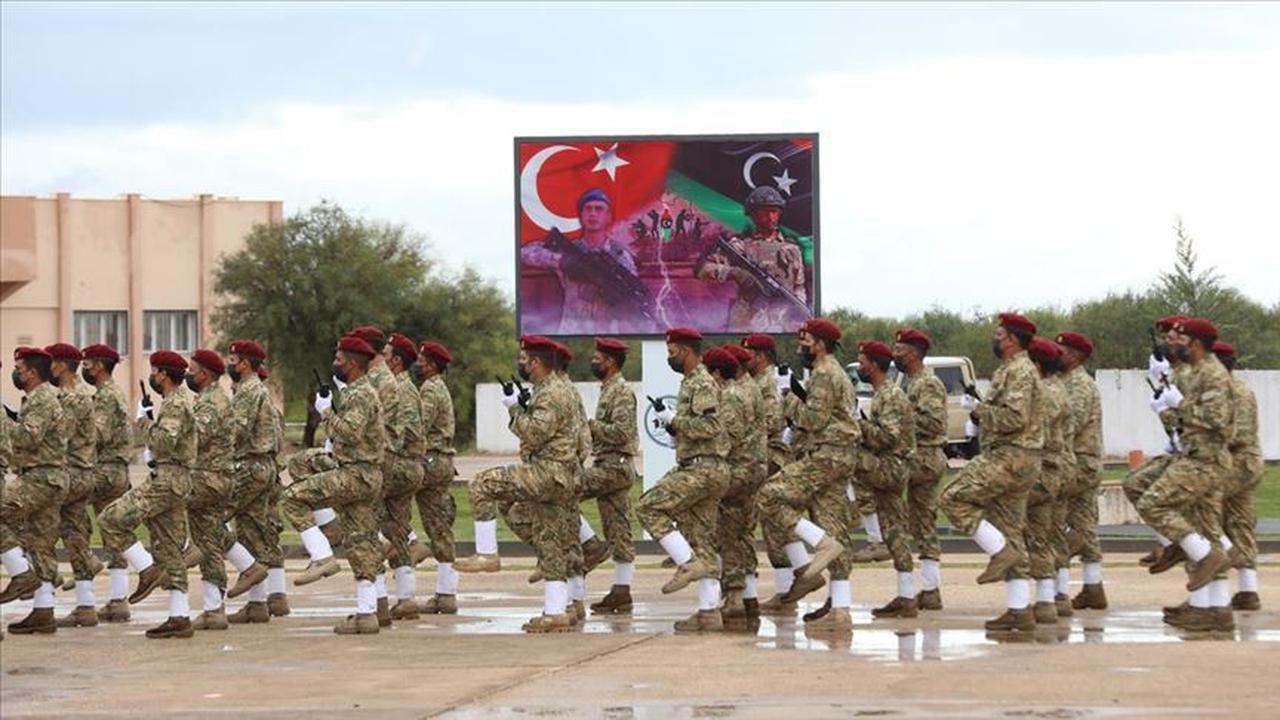
Greece is expressing alarm over the possibility that Libya's eastern-based parliament may approve a maritime jurisdiction agreement between Türkiye and Libya's Tripoli-based government, a development that could significantly alter the balance of power in the Eastern Mediterranean.
The Tobruk-based House of Representatives has decided to form a commission to review the maritime delimitation agreement signed between Türkiye and Libya's Government of National Accord on Nov. 27, 2019, according to reports that have caused significant concern in Athens. The potential parliamentary approval represents a major shift from the parliament's previous position of rejecting the agreement.
Greece, fearing the parliament may ratify the agreement, is seeking ways to dissuade House Speaker Aguila Saleh and eastern Libya strongman Khalifa Haftar from such a development. The prospect of approval threatens to undermine one of Greece's primary legal arguments against the maritime deal.
When the Türkiye-Libya maritime agreement was initially signed, both Haftar and Saleh declared they did not recognize it. Greece, which openly supported Haftar and Saleh at the time, argued the agreement was invalid, claiming among other assertions that it was "null and void because it was not approved by the House of Representatives." Parliamentary approval of the agreement would mean Greece loses a significant argument in its position against the deal.
The Türkiye-Libya agreement, registered with the United Nations on Sept. 30, 2020, undermined Greek and Greek Cypriot ambitions in the Eastern Mediterranean by establishing maritime boundaries that challenge Greek territorial claims. The agreement delineated exclusive economic zones between the two countries, cutting through waters that Greece considers part of its sphere of influence.
In response to the Türkiye-Libya deal, Greece signed its own maritime delimitation agreement with Egypt on Aug. 6, 2020, attempting to counter the Turkish-Libyan arrangement. Türkiye declared that Greek-Egyptian agreement null and void, creating a complex web of competing maritime claims in the region.
Greek Foreign Minister Giorgos Gerapetritis recently traveled to Cairo to meet with his counterpart Badr Abdelatty. While Athens stated the meeting was held following an Egyptian court decision regarding the transfer of assets of the Orthodox Monastery of Saint Catherine, which has operated in the Sinai Desert for 1,475 years, it was suggested that the Türkiye-Libya agreement was also discussed during the diplomatic consultations.
Greek concerns center on several recent developments that suggest changing dynamics in Libya's political landscape. Reports indicate that Haftar and Saleh have recently attempted to establish communication channels with Ankara, marking a potential shift from their previous positions.
The April meeting between Haftar's son, Lieutenant General Saddam Khalifa Haftar, who commands the Libyan National Army's ground forces, with Turkish Defense Minister Yasar Guler and Army Commander Selcuk Bayraktaroglu in Ankara became a particular source of concern for Athens. This high-level military engagement suggested a warming of relations between the eastern Libyan leadership and Türkiye.
Greek media commented that "Haftar and Saleh are no longer as close Greek allies as they were in the past," reflecting Athens' growing anxiety about losing influence with key Libyan political figures who had previously opposed the Turkish-Libyan maritime agreement.
Additionally, Greece's agreement with American company Chevron to search for hydrocarbons in two unilaterally determined parcels south of Crete covers some areas shown as Libyan continental shelf according to the Türkiye-Libya memorandum. This overlap creates potential for additional diplomatic friction and legal challenges.
Athens is concerned that Libya's Government of National Unity Prime Minister Abdul Hamid Dbeibah may react to the Chevron agreement at any time, potentially escalating tensions over the competing maritime claims. The energy exploration dimension adds another layer of complexity to an already intricate diplomatic dispute involving multiple regional powers and competing territorial assertions in the strategically important Eastern Mediterranean.